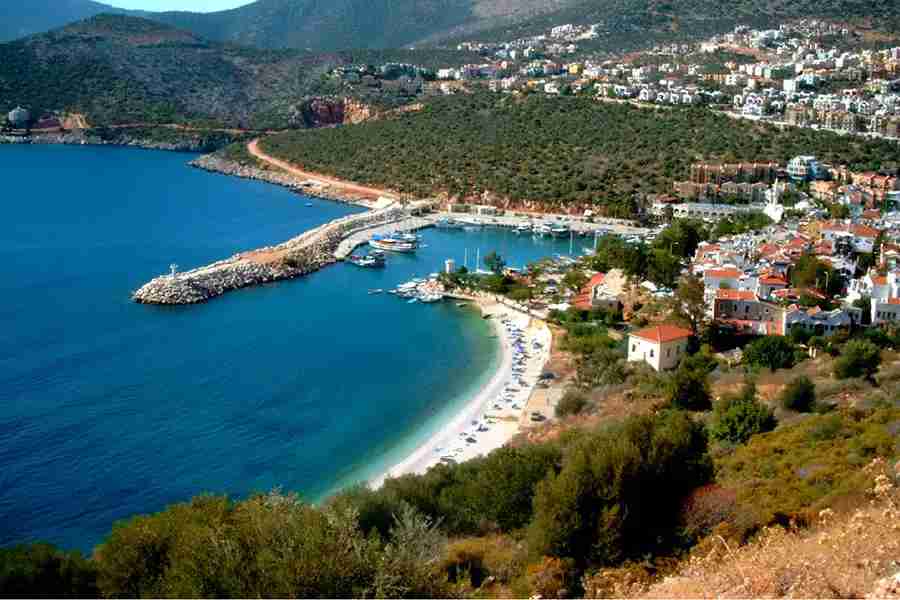Kanal Istanbul, an ambitious and transformative mega-project, aims to create a new maritime route parallel to the Bosphorus Strait, enhancing Turkey’s strategic and economic capabilities. Announced by President Recep Tayyip Erdoğan, this project has sparked extensive discussions due to its potential impact on maritime trade, urban development, and environmental considerations. In this article, we will explore the intricacies of Kanal Istanbul, its objectives, proposed benefits, and the controversies surrounding it.
Background and Objectives:
Kanal Istanbul is planned to be a 45-kilometer (28-mile) artificial sea-level waterway connecting the Black Sea to the Sea of Marmara. The primary objective is to reduce congestion and enhance safety in the Bosphorus Strait, one of the world’s busiest and narrowest maritime passages. With over 40,000 vessels traversing the Bosphorus annually, creating an alternative route is expected to alleviate maritime traffic and minimize the risk of accidents.
Economic Impact:
The economic implications of Kanal Istanbul are vast. By providing a second passage for maritime trade, the project aims to boost Turkey's economy through increased transit fees, job creation, and the development of new residential and commercial areas along the canal. The construction phase alone is expected to generate significant employment opportunities, stimulating local economies and contributing to national growth.
Strategic Significance:
Strategically, Kanal Istanbul is designed to enhance Turkey’s geopolitical influence by securing a critical shipping route independently of the Bosphorus. This autonomy is vital for maintaining uninterrupted maritime traffic in times of geopolitical tensions. Additionally, the project aligns with Turkey’s vision of becoming a central hub in global trade, bolstering its role in international logistics and commerce.
Environmental Considerations:
The environmental impact of Kanal Istanbul has been a contentious issue. Critics argue that the project could disrupt local ecosystems, affect water quality, and lead to the displacement of communities. Concerns about the potential ecological effects on the Sea of Marmara and surrounding areas have prompted extensive environmental impact assessments. Proponents contend that modern engineering techniques and stringent environmental regulations will mitigate these risks, ensuring a balance between development and sustainability.
Urban Development and Infrastructure:
Kanal Istanbul is set to redefine the urban landscape of Istanbul. The project includes plans for residential, commercial, and recreational developments along the canal, transforming the surrounding areas into modern urban centers. Infrastructure enhancements, such as new bridges, highways, and public transportation systems, are integral to the project, aiming to improve connectivity and accessibility for residents and businesses.
Public Opinion and Controversy:
Public opinion regarding Kanal Istanbul is divided. While supporters highlight the economic and strategic benefits, opponents raise concerns about environmental impacts, cost, and potential social disruption. Protests and public debates have underscored the need for transparent communication and engagement with stakeholders to address these concerns and ensure that the project aligns with the broader public interest.
Conclusion:
Kanal Istanbul represents a visionary project with the potential to transform Turkey’s maritime landscape and economic future. Balancing the anticipated benefits with environmental and social considerations is crucial for its successful implementation. As Turkey navigates the complexities of this ambitious endeavor, Kanal Istanbul stands as a testament to the country’s aspirations for growth, innovation, and strategic resilience.















